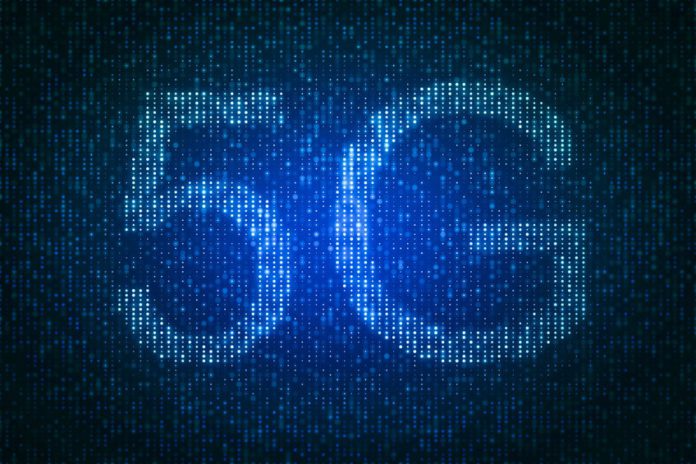France is expected to achieve energy efficiency gains from 5G deployments in the most densely populated areas of the country from 2023, according to a study by local telecom regulator Arcep.
Arcep has published a study evaluating different energy consumption scenarios to assess the impact of 5G networks in France. The findings show that the deployment of 5G networks initially generates an increase in energy consumption.
The regulator noted, however, that 5G deployments should lead to very significant reductions in power usage over time.
However, Arcep’s study showed that the 5G energy efficiency gains will be far more modest in more sparsely populated areas.
The study assesses the impact that introducing 5G in the 3.5 GHz band will have on energy consumption by comparing two scenarios, based on identical traffic growth: a 4G-only network and a network that combines 4G and a 5G deployment.
“Initially this technology will generate an increase in energy consumption – for a length of time that depends on the different 5G rollout scenarios. After which 5G deployment will enable total energy savings of up to ten times 2020 consumption levels by 2028, compared to a scenario of 4G-only network densification, as well as a corresponding decrease of greenhouse gas (GHG) emissions of up to eight times 2020 GHG emissions,” Arcep said.
The study’s findings are limited to the technology’s utilization phase. A complete lifecycle assessment, which includes the production and end-of-life phases, will be required to obtain an exhaustive understanding of its environmental impact, the regulator said.
France had a total of 31,650 authorized 5G sites as of January 1, of which 22,180 were declared technically operational by the local mobile carriers, according to the latest information provided by France’s spectrum agency ANFR.
ANFR said that the number of authorized 5G sites during December increased by 2.2% compared to the previous month.
The agency said that almost all of the 5G sites have been authorized on existing cellular sites, already used by 2G, 3G or 4G technologies.
In France, mobile operators are already providing 5G services through the 700 MHz, 2.1 GHz and 3.5 GHz spectrum bands.
ANFR said that a total of 18,929 sites are authorized in the 700 MHz band (Free Mobile), of which 13,504 are already technically operational. Also, ANFR said that 12,486 sites are authorized in the 2.1 GHz band (Bouygues Telecom, Orange and SFR), but 7,433 are technically operational.
Meanwhile, 15,208 sites are authorized in the 3.5 GHz band (Bouygues Telecom, Free Mobile, Orange and SFR), of which 9,185 are declared technically operational.
Free Mobile had the highest number of operational 5G sites as of the end of December, with 13,578 followed by Bouygues Telecom (5,940), SFR (4,818) and Orange (3,046).
Some of the authorized 5G sites are shared by the mobile operators, the agency said.

